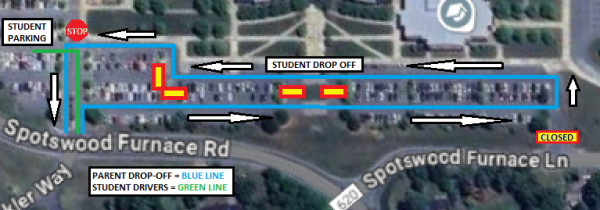Iran Nuclear Deal
The Iran Nuclear Deal is the new framework the P5+1(Unites States, United Kingdom, Russia, France, and China, plus Germany) is putting together with the European Union and Iran to prevent the expansion of the nuclear arsenal and the development of weapons of Iran. Part of the deal includes that, “Iran reaffirms that under no circumstances will Iran ever seek, develop or acquire any nuclear weapons,” according to the deal (Preamble, iii). Also, Iran is to use nuclear energy for peaceful purposes only, and is limited on research and development of uranium for the first 8 years after the deal and can gradually increase enrichment activities but only for peaceful purposes and can only keep a certain amount of enriched uranium, according to the deal.
This nuclear deal is stirring up some controversy among Congressional Democrats and Republicans about how secure the deal is at preventing Iran from obtaining nuclear weapons now and in the future. Senator Bob Casey of Pennsylvania (D) said, “I will support this agreement despite its flaws because it is the better strategy for the United States to lead a coalesced global community in containing the spread of nuclear weapons.” On the other side, House Speaker John Boehner of Ohio (R) said, “This deal is far worse than anything I could have imagined… Never in our history has something with so many consequences for our national security been rammed through with such little support. Today, our fight to stop this bad deal is just beginning. We will not let the American people down.”
“Three facts about this flawed deal are crystal clear—polls show the American people reject it, a bipartisan majority in Congress will oppose it and no major arms control agreement has ever been approved with only the support of a partisan congressional minority,” said AIPAC (American Israel Public Affairs Committee) spokesman Marshall Wittmann. (Out of free-lance star article)






